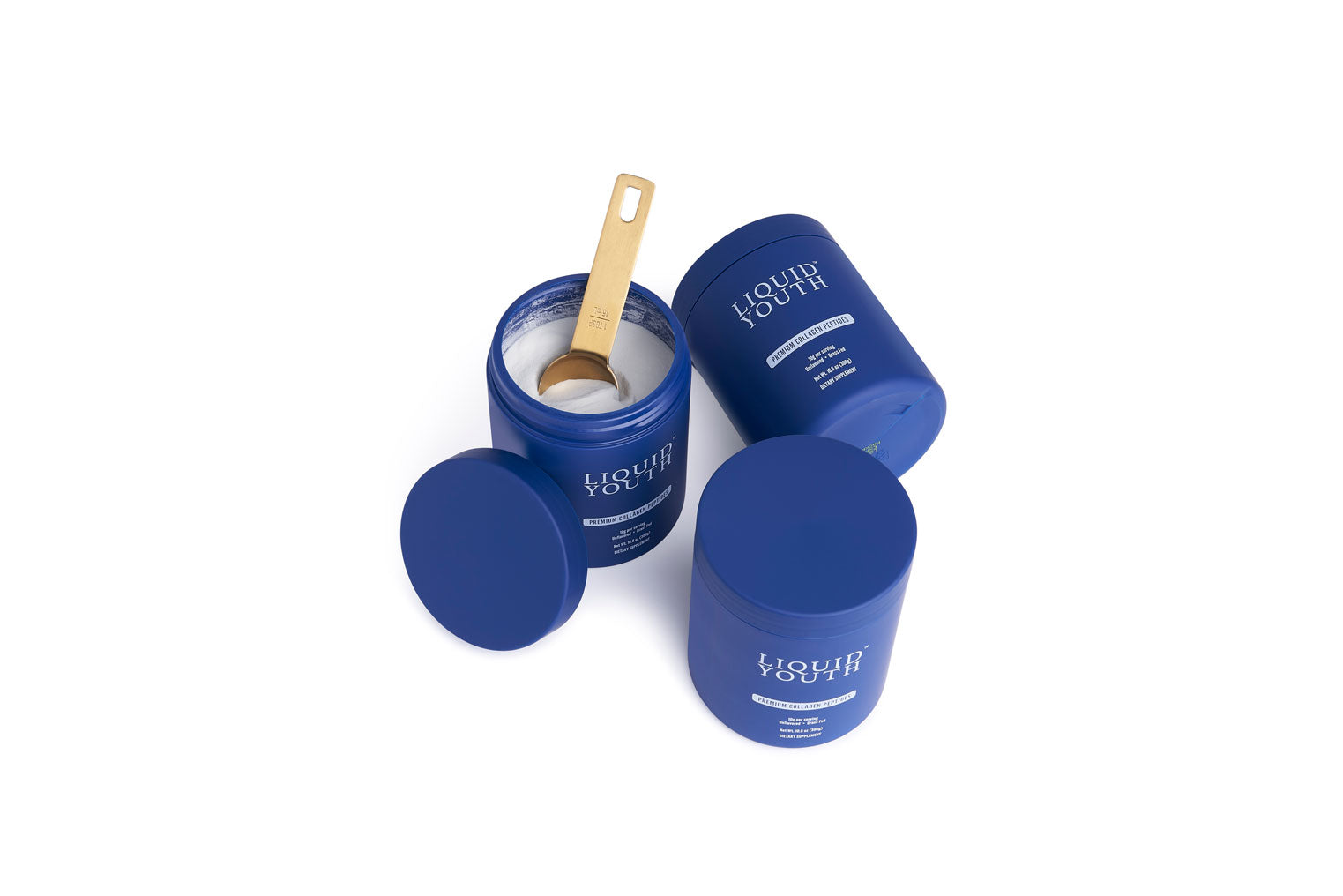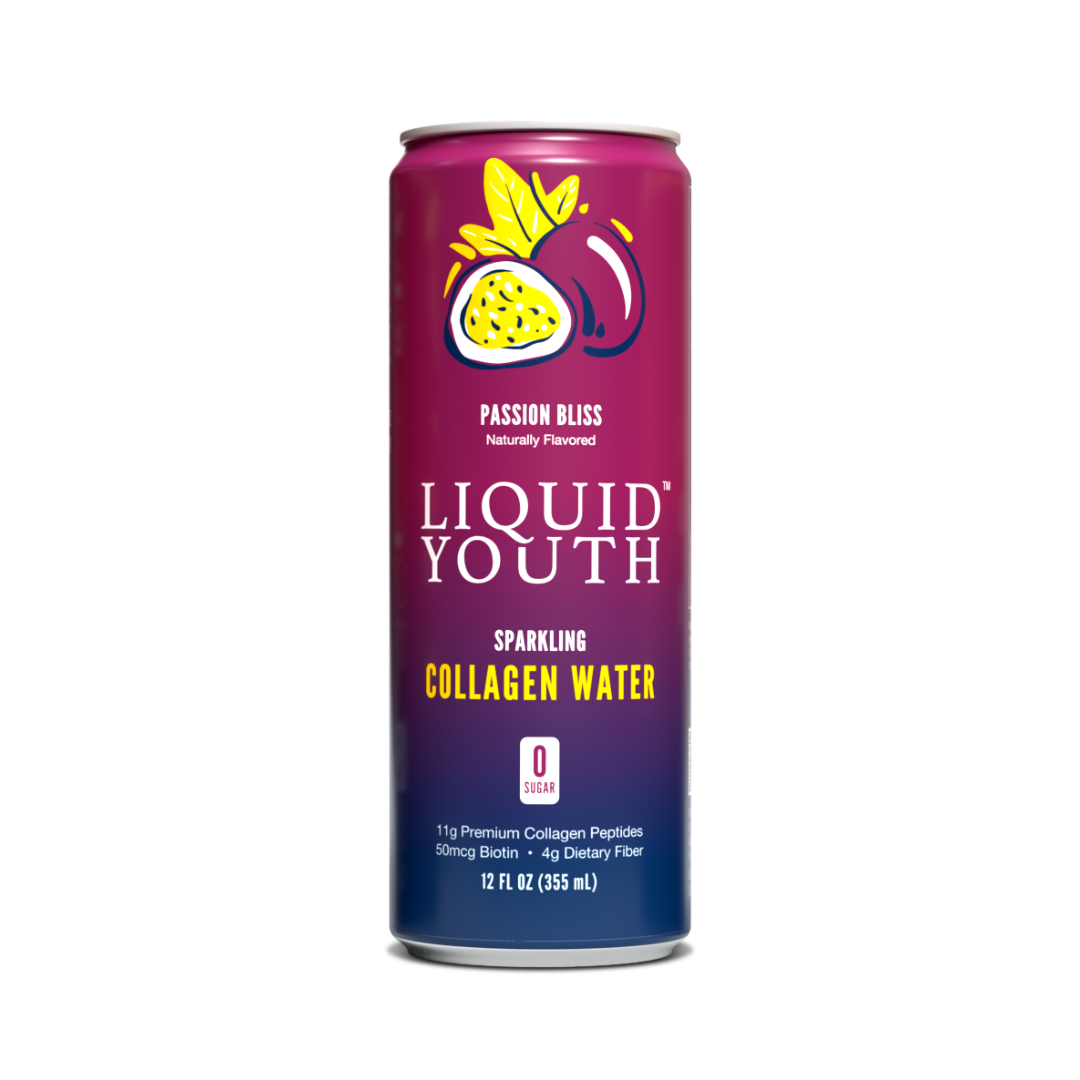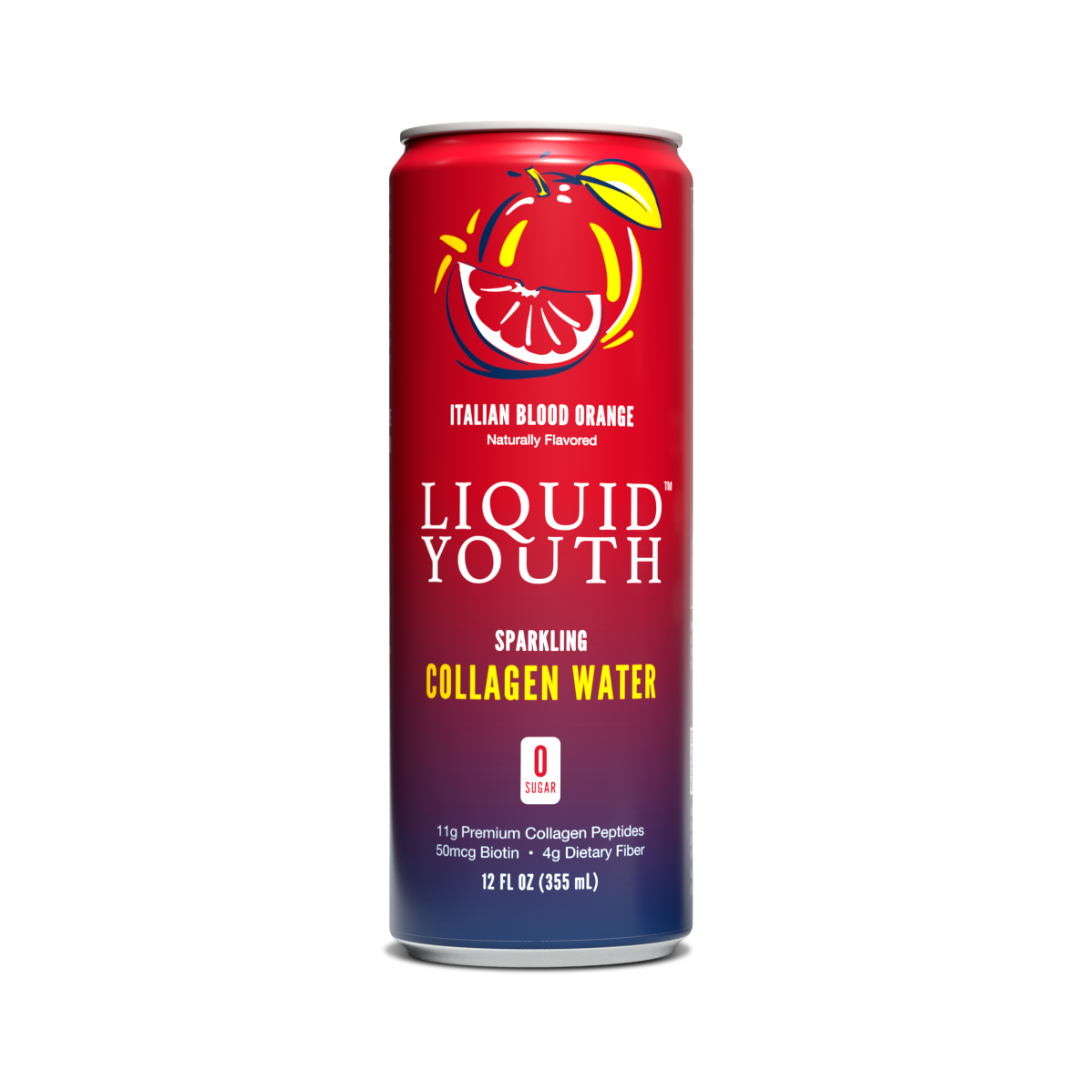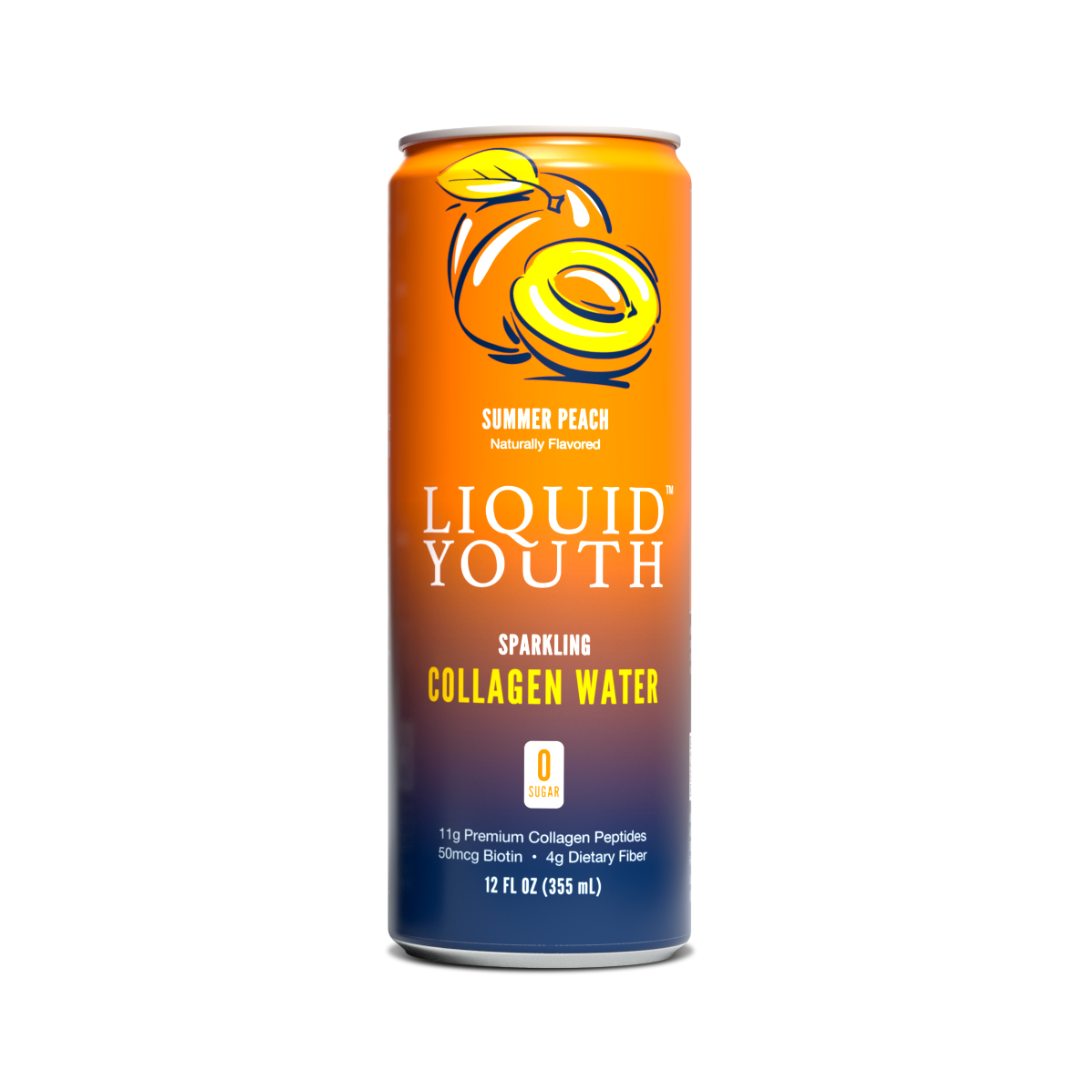Collagen for Muscle

Strengthening Nails from Within: The Power of Collagen Peptides for Nails
The Power of Collagen Peptides for Nails Summary
· The study examined the use of collagen peptides for nail health. After 24 weeks of daily collagen peptide supplementation, 64% of participants showed improvement in brittle nail symptoms.
· The study found that collagen peptides effectively increased nail growth rates and reduced the frequency of cracked or chipped nails by 42% over the treatment period.
· Most participants reported stronger, faster-growing nails, with 88% expressing satisfaction with the treatment results by the end of the study.

Does Collagen Build Muscle? Key Points:
· The study set out to determine in older men, does collagen build muscle as effectively as other protein sources. The study found that whey and pea protein supplementation boosted muscle protein synthesis in older males, while collagen peptides did not.
· Consuming higher-quality proteins like whey and pea above the recommended dietary allowance (RDA) helps combat age-related muscle loss.
· Collagen peptides are less effective than other protein sources for stimulating increases in muscle but may still offer benefits in other areas like joint health.
· For optimal results, combine collagen peptides with high quality protein sources such as whey protein or pea protein.
Does Collagen Build Muscle? New Study Sheds Light on Protein Supplements for Older Adults.
When it comes to muscle building, people often focus on things like protein intake, strength training, and getting adequate rest. However, one supplement that has drawn controversy in the fitness and wellness community for building muscle is collagen peptides. Typically associated with skin health and anti-aging, collagen plays a more significant role in our bodies than most people realize. But does collagen build muscle, and if so, how?
A recent study published in The American Journal of Clinical Nutrition provides some compelling answers. The study explores whether different protein sources—whey, pea, and collagen—can effectively enhance muscle protein synthesis in older adults.1

The Importance of Protein for Older Adults
Proteins are the building blocks of our muscles, and as we age, maintaining muscle becomes increasingly important. Imagine your muscles as a house constantly under renovation. Protein is the building material, and as we age, our body becomes less efficient at using this material.2 It's like having a construction crew that's slowing down on the job. They don't respond as quickly to orders and need more materials and clearer instructions to do the same job.
Muscle Protein Synthesis and Aging
Muscle protein synthesis (MPS) is the engine of muscle growth and repair. As we age, our MPS rates naturally decline, leading to a gradual loss of muscle mass and strength. This decline can increase the risk of falls and fractures and even impact our overall health and independence. But don't worry – there are ways to combat this age-related muscle loss! Resistance exercise and protein supplementation are known to boost MPS rates. However, the optimal type and amount of protein for maximizing MPS in older adults is still being investigated
Protein Intake and the RDA
For most adults, the recommended dietary allowance (RDA) for protein is 0.36 grams per pound of body weight. However, many experts now recommend higher protein intake for older adults – up to 0.54 grams per pound – to support muscle health and counteract age-related muscle loss.

Does Collagen Build Muscle for Older Adults?
So, what about collagen peptides? Many people consume collagen supplements for skin, hair, and joint health, but can collagen build muscle? The researchers aimed to determine if increasing protein intake beyond the recommended dietary allowance (RDA) could counteract this resistance and support muscle health. This new study focuses on older males, a group that often experiences muscle loss due to aging, a condition where the muscles' response to protein intake diminishes.
The Study: Putting Proteins to the Test
The study involved 31 healthy older men aged 65-80 who were randomly assigned to one of three groups:
A.) Collagen peptides (i.e., Known for potential benefits to skin and joints),
B.) Whey protein (i.e., The gold standard for protein powder, rich in essential amino acids.)
C.) Pea protein (i.e., A plant-based protein alternative gaining popularity among vegetarians and vegans.)
Each group consumed whey, pea, or collagen protein supplements in addition to their regular diet. The participants consumed a standardized diet with protein at the recommended daily allowance (RDA) for 7 days, followed by a 7-day period where they consumed the standardized diet with the addition of 50 g of protein from one of the three supplements.
Does Collagen Build Muscle? A Popular Choice with Limited Muscle Benefits
The study found that whey and pea proteins significantly increased muscle protein synthesis rates when consumed above the RDA. Whey and pea protein groups showed a 9% increase in muscle protein synthesis. This suggests that animal-based (whey) and plant-based (pea) proteins can effectively support muscle health.3
Despite its popularity in the beauty and wellness industry, collagen protein did not show the same benefits for muscle protein synthesis. The group taking collagen peptides showed no significant changes in muscle protein synthesis. The study revealed that collagen lacks the essential amino acids, particularly leucine, necessary to stimulate muscle growth effectively.4
This finding is crucial for those considering collagen supplements for muscle health, as it highlights the need to choose protein sources wisely. However, it's important to remember that while collagen may not be the best choice for building muscle, it still offers valuable benefits for joint health, skin elasticity, and overall well-being.
Real-World Implications
What does this mean for you? Whey and pea protein are excellent choices if you want to build or maintain muscle, especially as you age. Aim for a daily protein intake of about 0.54-0.72 grams per pound and spread your protein intake evenly throughout the day. While collagen may not be as effective for muscle growth, it can still support your overall health and well-being, particularly in areas like joint health and skin elasticity.
This study highlights the importance of adequate protein intake for healthy aging. As we age, maintaining muscle mass isn't just about looking good – it's about staying independent, preventing falls, and maintaining overall health.5 This study does not mean collagen peptides are useless. While it may not be the best choice for muscle growth, collagen has been shown to benefit joint health and skin elasticity, making it a valuable supplement for overall well-being, especially for those dealing with joint pain or stiffness. For those interested in using collagen peptides, it's important to recognize their limitations in muscle building. Collagen peptides can be best used in conjunction with whey protein in shakes, so you get the muscle-building effects of whey and the joint and skin health properties of collagen peptides.
FAQs
No! While collagen can support skin, nail, and joint health, resistance exercise is essential for building muscle. Collagen works best in combination with strength training.
Combining collagen with other complete proteins like whey or pea can maximize muscle growth and recovery.
Featured Products
References
1 McKendry, J. et al. The effects of whey, pea, and collagen protein supplementation beyond the recommended dietary allowance on integrated myofibrillar protein synthetic rates in older males: a randomized controlled trial. The American Journal of Clinical Nutrition 120, 34-46 (2024). https://doi.org/https://doi.org/10.1016/j.ajcnut.2024.05.009
2 Burd, N. A., Gorissen, S. H. & van Loon, L. J. Anabolic resistance of muscle protein synthesis with aging. Exerc Sport Sci Rev 41, 169-173 (2013). https://doi.org/10.1097/JES.0b013e318292f3d5
3 Tang, J. E., Moore, D. R., Kujbida, G. W., Tarnopolsky, M. A. & Phillips, S. M. Ingestion of whey hydrolysate, casein, or soy protein isolate: effects on mixed muscle protein synthesis at rest and following resistance exercise in young men. J Appl Physiol (1985) 107, 987-992 (2009). https://doi.org/10.1152/japplphysiol.00076.2009
4 Jacinto, J. L. et al. Whey Protein Supplementation Is Superior to Leucine-Matched Collagen Peptides to Increase Muscle Thickness During a 10-Week Resistance Training Program in Untrained Young Adults. Int J Sport Nutr Exerc Metab 32, 133-143 (2022). https://doi.org/10.1123/ijsnem.2021-0265
5 Kitada, M., Ogura, Y., Monno, I. & Koya, D. The impact of dietary protein intake on longevity and metabolic health. EBioMedicine 43, 632-640 (2019). https://doi.org/10.1016/j.ebiom.2019.04.005


















